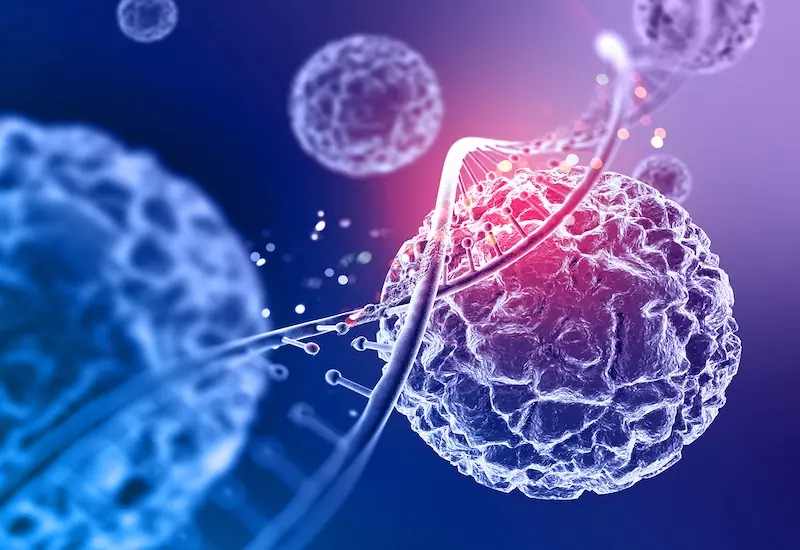
Cancer Doesn’t Hurt at First, But If You Notice These 5 Signs When Using the Bathroom, See a Doctor Early: Don’t Ignore Them
Cancer is often referred to as a “silent killer” because, in its early stages, it may not cause any noticeable pain or discomfort. This misleading calm is what makes early detection so challenging—and so vital. Many people associate serious illnesses with sharp or persistent pain, but the reality is that some of the most dangerous cancers begin quietly, with subtle symptoms that are easy to overlook. Among these are changes you may notice when using the bathroom. These signs, though seemingly minor or unrelated, can be the body’s first warnings that something is wrong. Recognizing them early and seeking medical attention can make a critical difference.
Here are five bathroom-related symptoms you should never ignore:
1. Blood in the Stool or Urine
One of the most alarming but also most overlooked signs is the presence of blood. Blood in the stool could be bright red, dark, or even black and tarry, which may suggest bleeding in the lower or upper digestive tract. This could be a symptom of colon or rectal cancer. Similarly, blood in the urine may indicate bladder or kidney cancer. While hemorrhoids or infections can also cause bleeding, these possibilities should never be assumed without a proper medical diagnosis.
2. Persistent Changes in Bowel Habits
If you notice ongoing changes in your bowel movements—such as diarrhea, constipation, or a change in stool consistency or frequency—this could be an early warning sign of colorectal cancer. Many people dismiss these symptoms as diet-related or stress-induced, but if they persist for more than a few weeks, it’s essential to see a doctor. A growing tumor in the colon or rectum can affect how waste passes through your system.
3. Pain or Discomfort While Urinating or Defecating
Pain is often a late symptom of cancer, but localized pain while using the bathroom may indicate issues in the urinary or digestive tract. This could be related to cancers of the bladder, prostate, rectum, or anus. People may mistake this discomfort for infections or hemorrhoids and delay seeking help, allowing the disease to progress.
4. Feeling of Incomplete Emptying
This sensation often comes with rectal or prostate cancer. It may feel like you still need to urinate or have a bowel movement, even after finishing. A tumor pressing on the bladder or bowel can cause this effect. If this feeling becomes common, it’s time to get checked.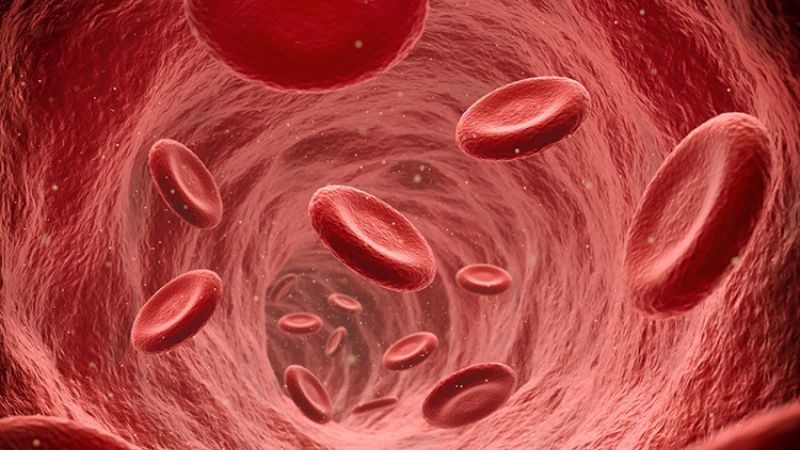
5. Unexplained Weight Loss and Fatigue Accompanying Bathroom Changes
While not a direct “bathroom symptom,” if changes in urination or defecation are paired with sudden weight loss and constant fatigue, it could be a systemic sign that your body is fighting something serious. Many cancers, particularly gastrointestinal or urinary cancers, cause energy drain and appetite loss even in early stages.
Don’t Ignore Early Signs
Many people delay going to the doctor because they feel fine or believe the symptoms will go away on their own. But cancer, in its early stages, often develops quietly. Pain isn’t always a reliable indicator of danger. That’s why being aware of subtle signs—especially changes in bathroom habits—is critical. These signs may not mean cancer, but they do mean your body is trying to tell you something.
If you notice any of the five symptoms mentioned above, don’t panic—but don’t ignore them either. Early diagnosis can save your life. The earlier cancer is found, the more treatment options are available, and the higher the chance of recovery.
Taking your health seriously means listening to your body, even when it whispers instead of screams. When it comes to cancer, catching it early can make all the difference.
News in the same category

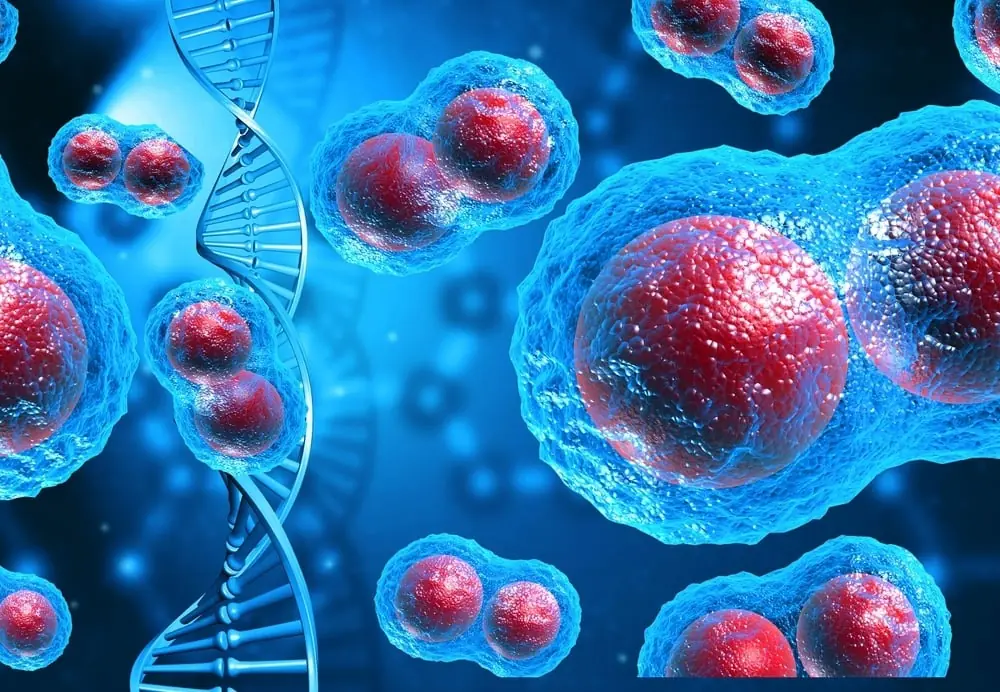
A Family of Four Siblings Diagnosed with Stomach Cancer – Doctor Shakes His Head: Two "Deadly" Common Habits Many People Share
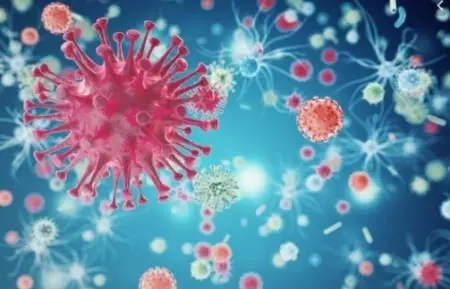
A 49-Year-Old Man Dies of Brain Hemorrhage – Doctor Warns: No Matter How Hot It Gets, Don't Do These Things

England Has Officially Started To Give Out New Injections That Treat 15 Cancers
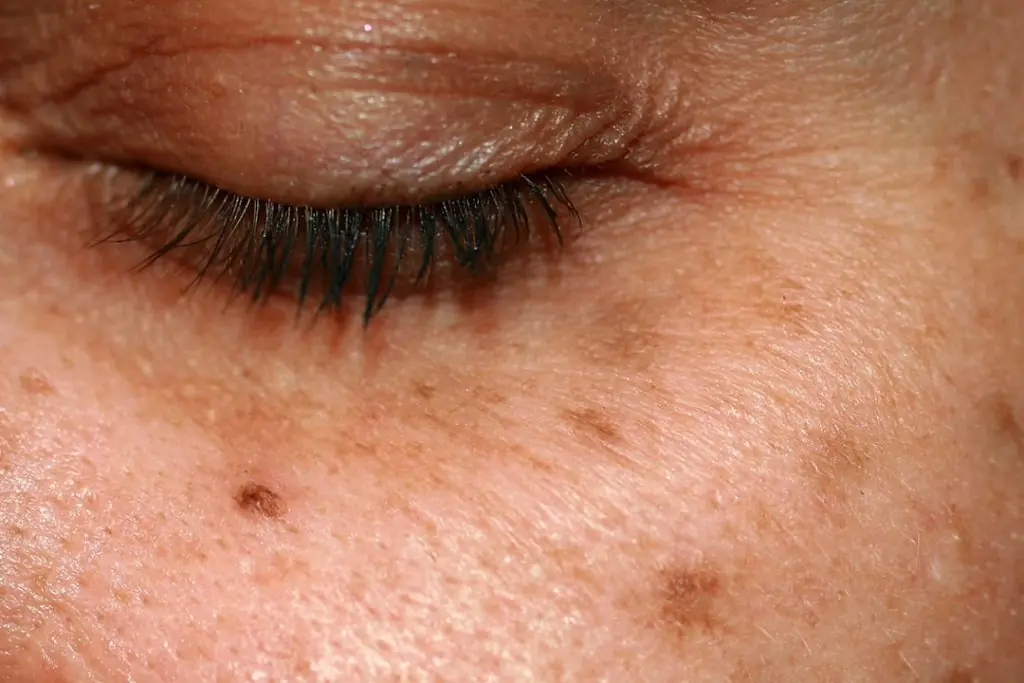
How to Fade Age Spots: Causes, Treatments, and Prevention That Actually Work
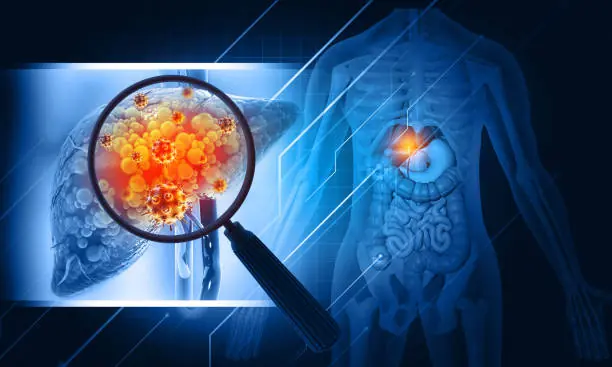
Early Warning Signs of Liver Damage — And How to Protect and Strengthen Your Liver Naturally
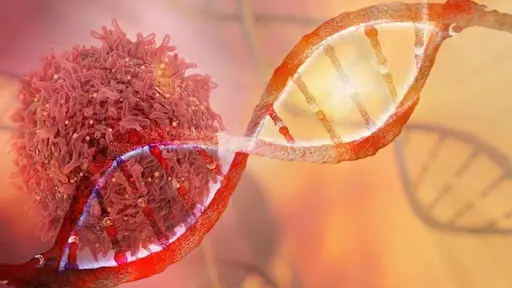
Two Itchy Areas on the Body May Signal Liver Cancer—Many Mistake It for an Allergy
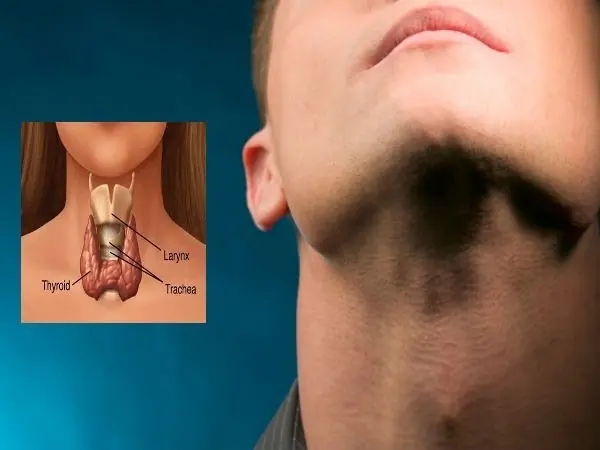
The Number of People with Thyroid Nodules Is Increasing! Doctors Repeatedly Emphasize: Eat Fewer Tomatoes and More of These 3 Foods
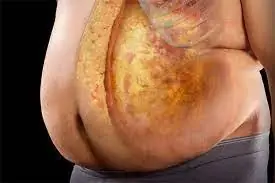
More and More People Are Suffering from Visceral Fat! Doctor: 9 Foods That Help Reduce Visceral Fat – Eat Them Regularly
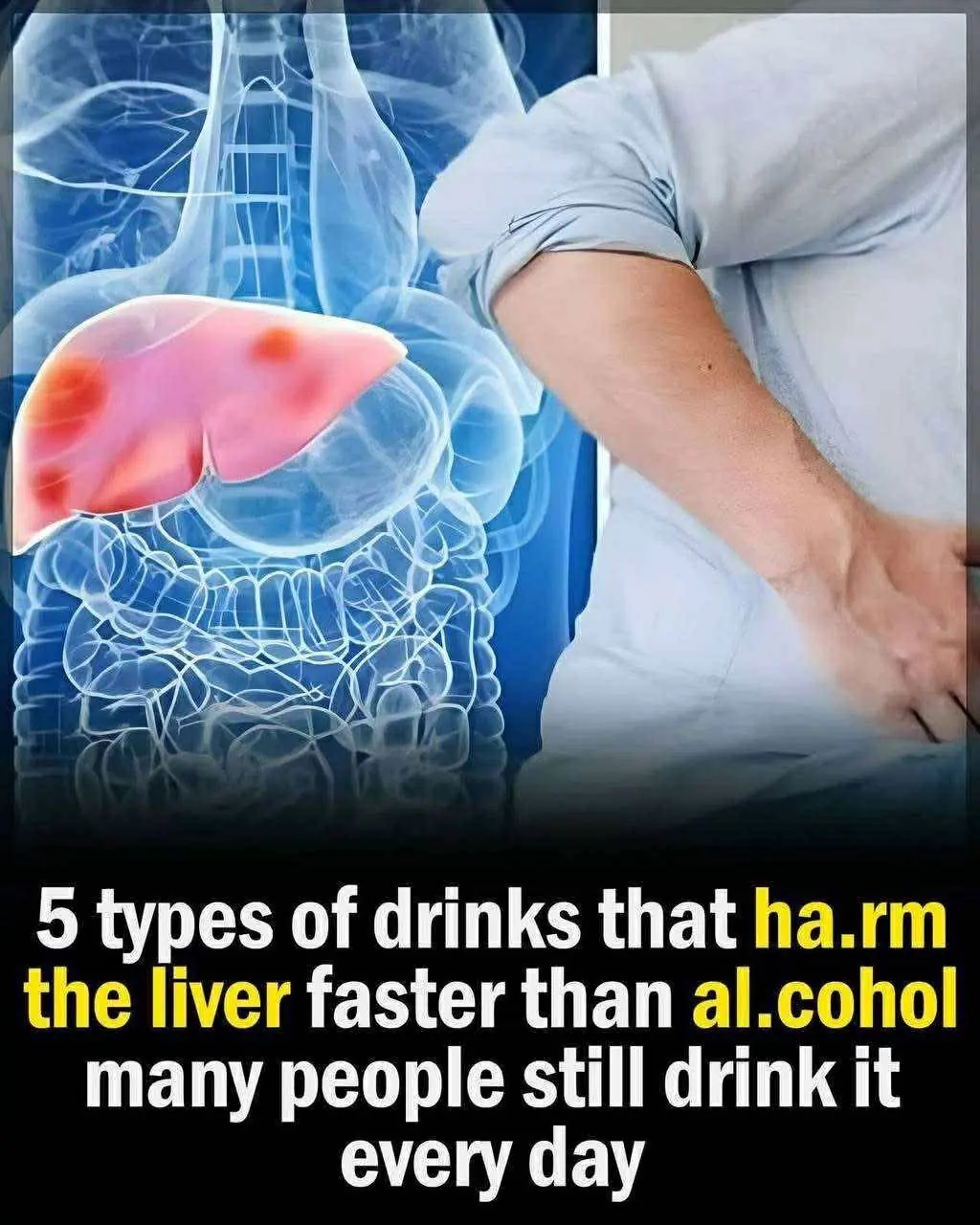
5 everyday drinks that can harm your liver like alcohol

Your Guide to Preparing for the Gynecologist: 10 Key Dos and Don’ts
A 6-year-old boy diagnosed with late-stage canc3r, his father regrets after doctors reveal the cause linked to a popular type of beverage
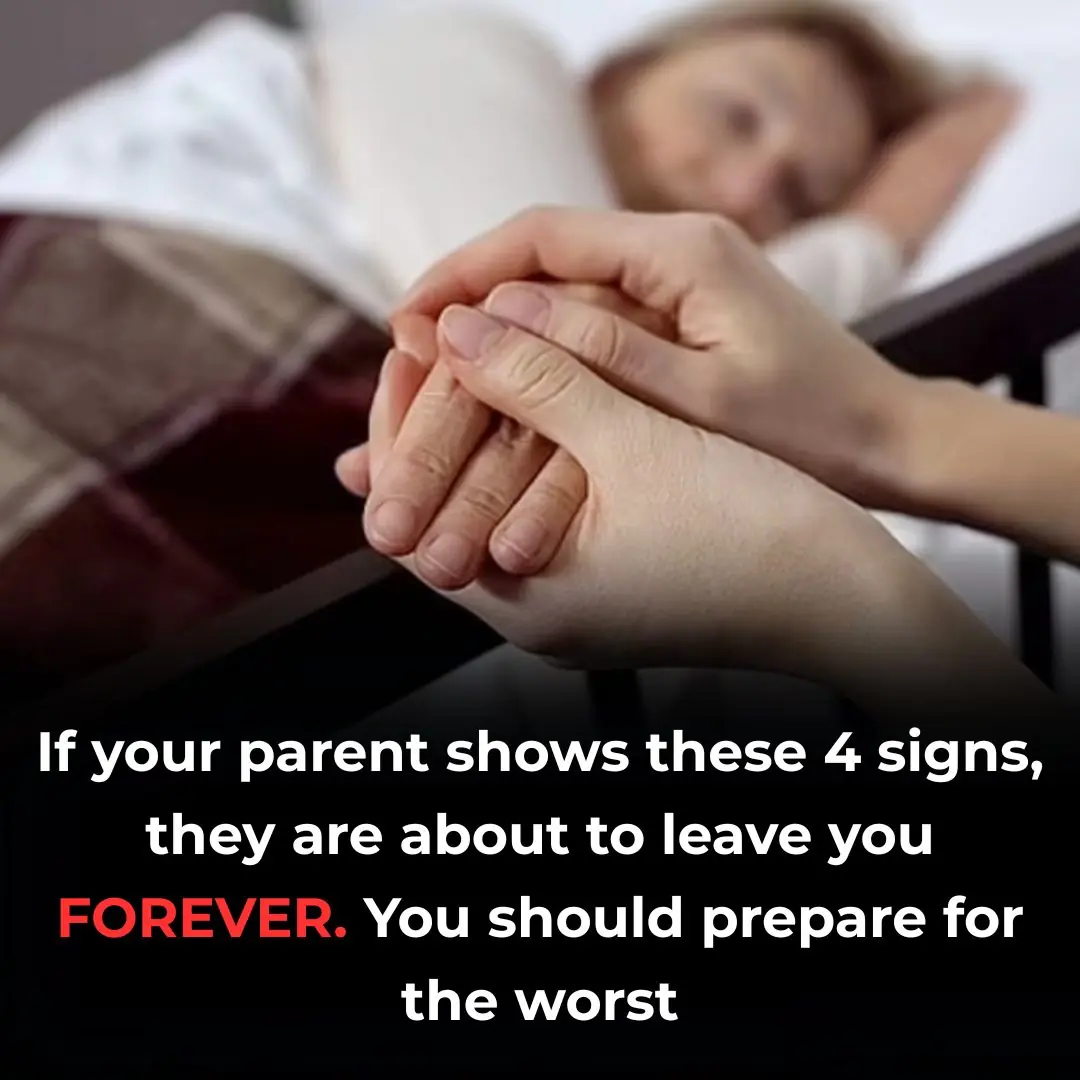
If Your Parent Shows These 4 Signs, They May Be Nearing the End of Life. Prepare Yourself for What’s to Come
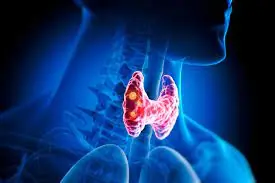
Top 13 Signs That You May Have a Thyroid Disorder
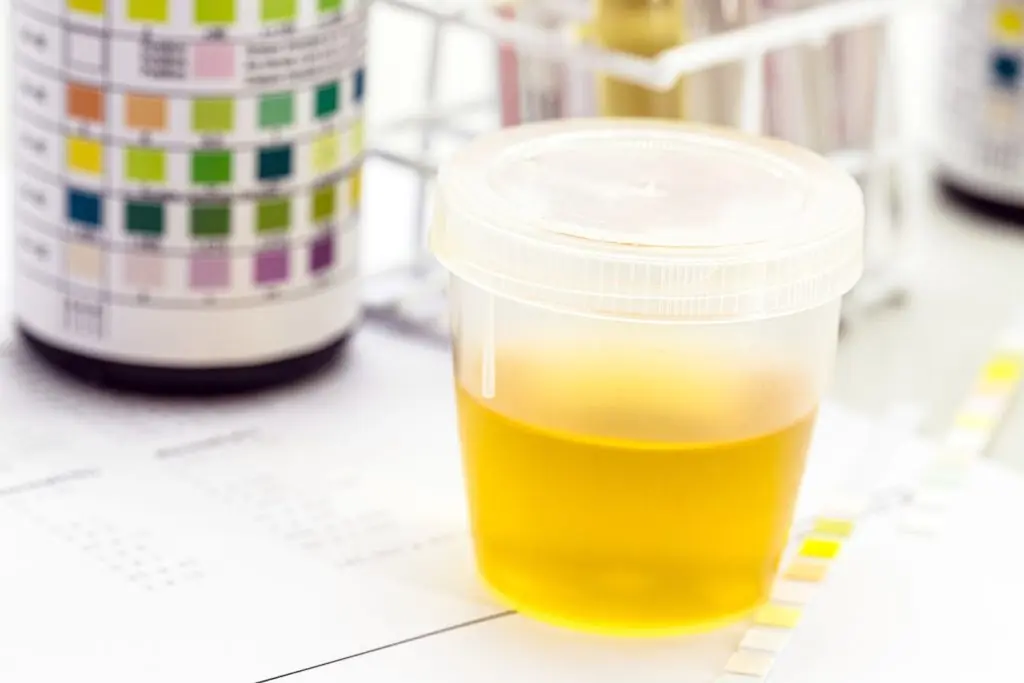
What Can Your Urine Tell You About Your Health?
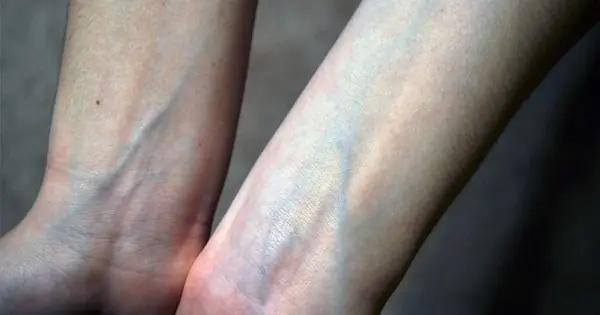
If You See Someone with Prominent Blue Veins, You Must Tell Them This — It Could Save Their Life
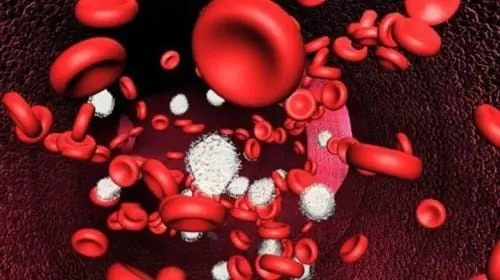
Cancer Cells Destroyed in 42 Days by a Glass of Juice: A Stunning Success That Has the World Celebrating

Epsom Salt Bath and Foot Soak – Benefits and Recipes (Ultimate Guide)

10 Benefits to Drinking Warm Water (No Lemon Required)
News Post

The photograph of a little boy who became one of the most recognizable men today

Three Family Members Diagnosed with Thyroid Nodules – The Mother Collapses: “I Thought Eating More of Those Two Things Prevented Cancer”

A Family of Four Siblings Diagnosed with Stomach Cancer – Doctor Shakes His Head: Two "Deadly" Common Habits Many People Share

A 49-Year-Old Man Dies of Brain Hemorrhage – Doctor Warns: No Matter How Hot It Gets, Don't Do These Things

England Has Officially Started To Give Out New Injections That Treat 15 Cancers

He left as soon as he found out the diagnosis of our son. And I stayed—because I couldn’t leave my child alone

Their daughter disappeared in 1990, on the day of her graduation. And 22 years later, the father found an old photo album

We'll live off our daughter-in-law; she has a good job," the mother-in-law shared with her friend

While the woman was doing a deep cleaning of the house, she came across an old letter from her deceased husband. Carefully unfolding it, she skimmed through the lines… and froze

If she needs money again, let her call the bank, not me, — Maria snapped, deleting her mother-in-law’s number from her phone

7 Surprising Health Benefits of Okra You Need to Know

The Secret to a Whiter Smile: A Simple Tomato-Based Teeth Whitening Recipe

How to Fade Age Spots: Causes, Treatments, and Prevention That Actually Work
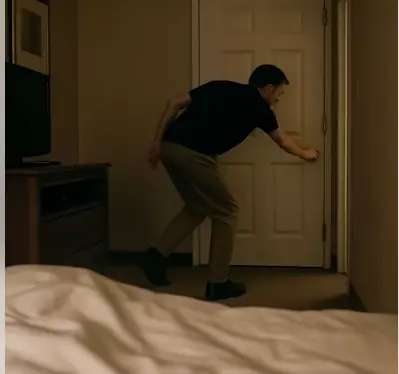
My Husband Sneaked Out Every Night — I Followed Him One Evening and Discovered a Shocking Truth

I Arrived Early for My Big Day and Found Out My Sister Had Planned Her Own Wedding—At My Venue

A Rude Stranger Humiliated Me at My Son’s Restaurant — The Next Day, She Showed Up at My Home as His Fiancée
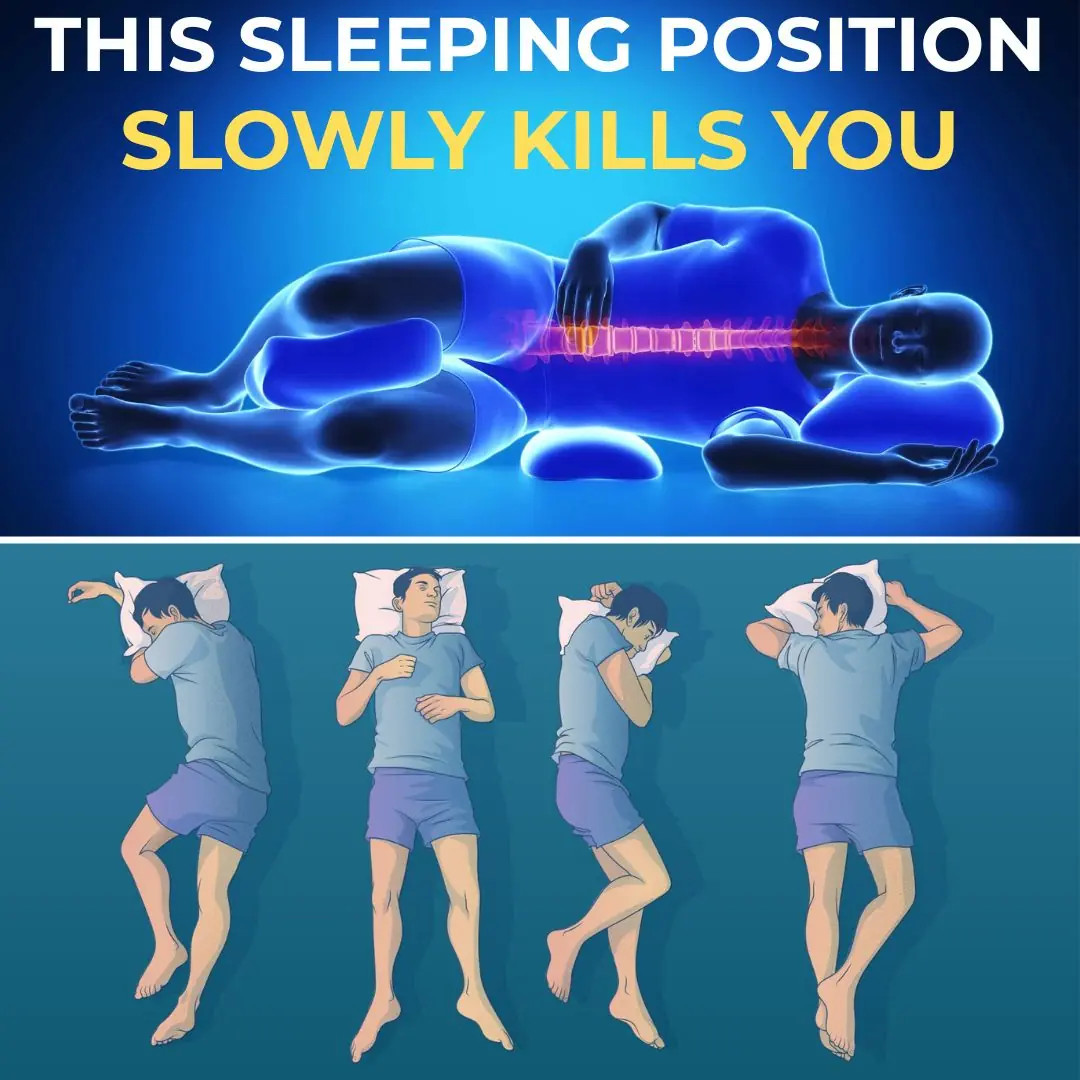
🛑 The MOST DANGEROUS Sleep Position You Never Knew! | Boost Your Sleep Instantly

Say Goodbye to Fatty Liver, Blurry Vision, and Anemia with This Powerful Natural Drink

Early Warning Signs of Liver Damage — And How to Protect and Strengthen Your Liver Naturally
